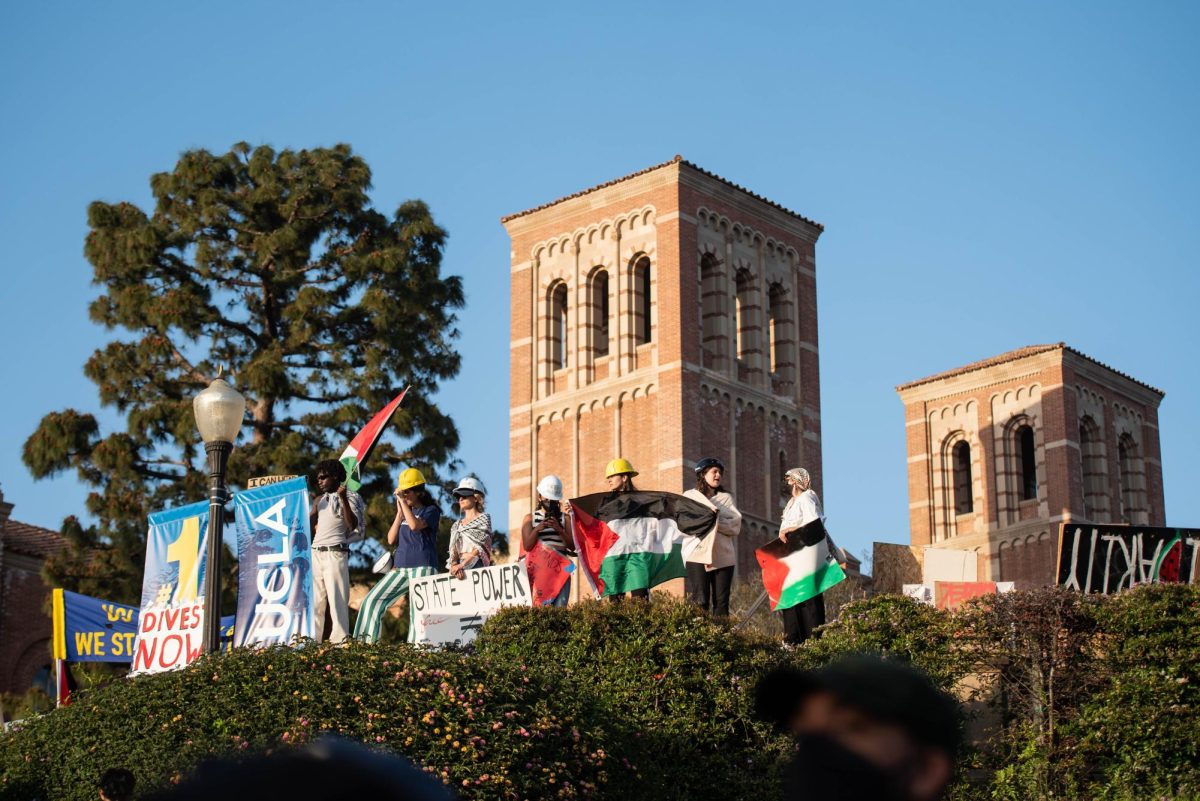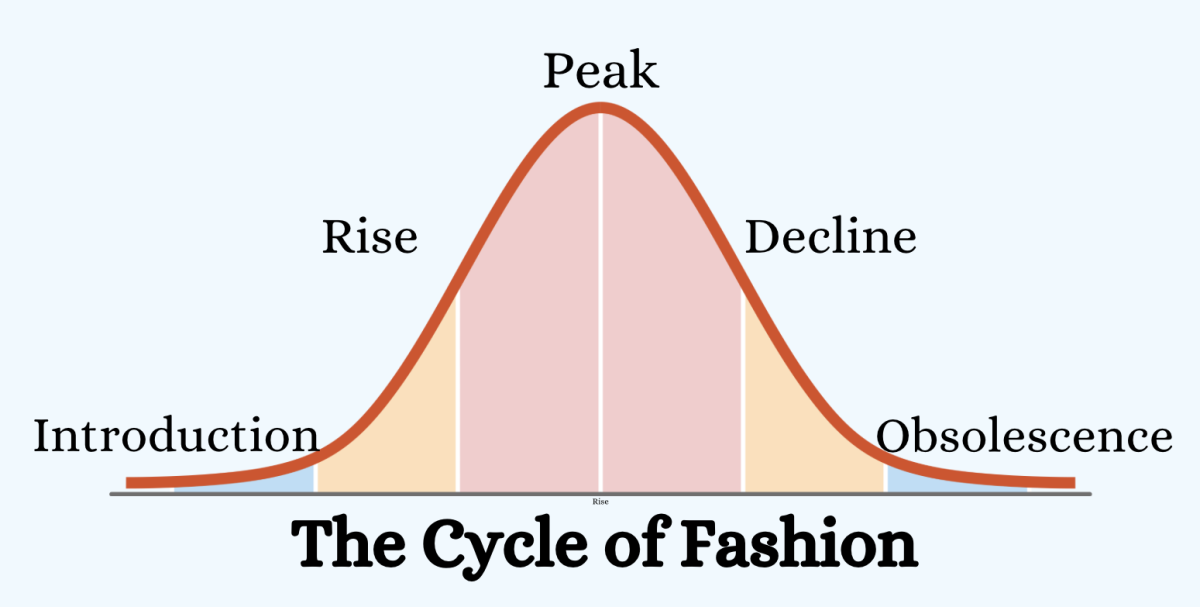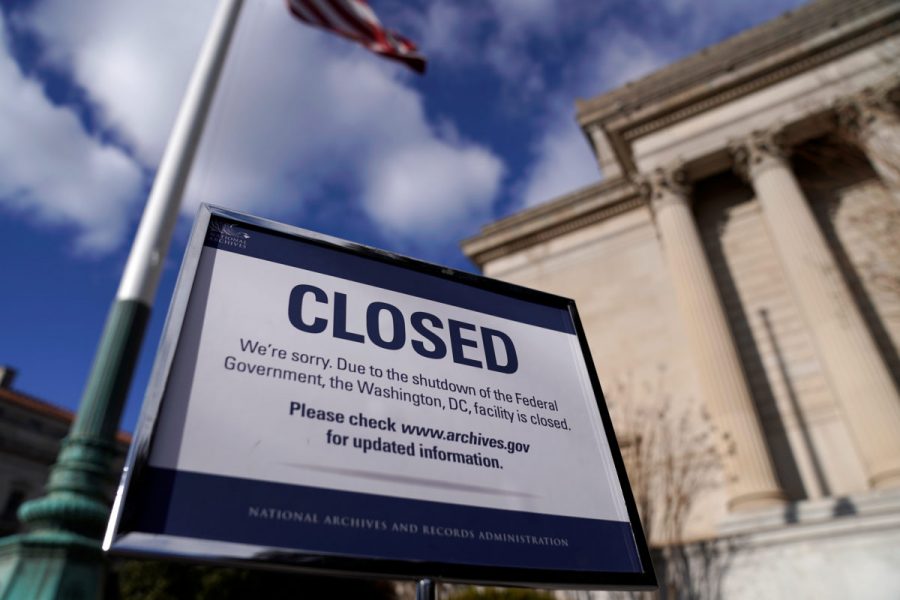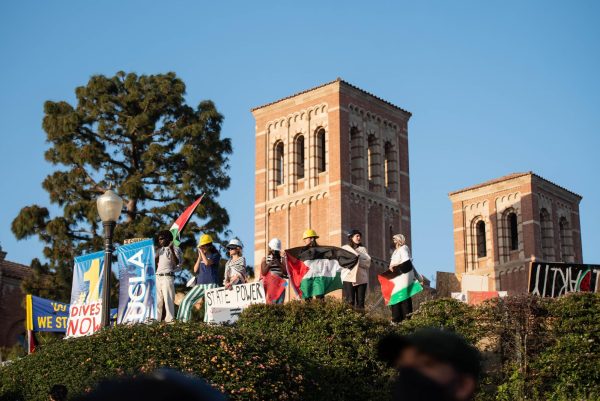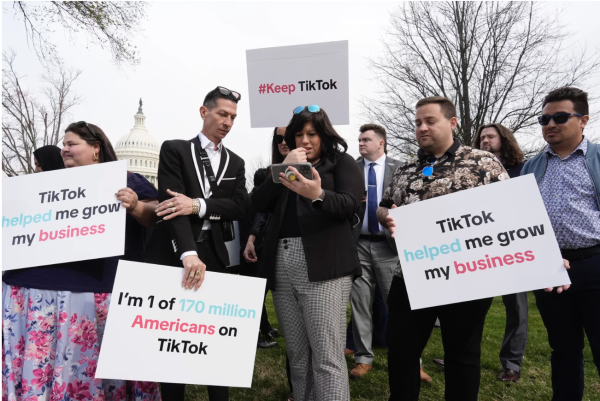The Latest and Longest Government Shutdown
Political Gridlock over Border Security and the Construction of Trump’s US-Mexico Wall
A sign declares the National Archive is closed due to a partial federal government shutdown in Washington, U.S., December 22, 2018. REUTERS/Joshua Roberts
January 16, 2019
Nearly four weeks ago, President Trump demanded 5.7 million dollars for the construction of the Mexico-US border wall, originally hoped to have been paid for by the Mexican government.
Trump’s hardline demands were, of course, met with rejections and caused a political gridlock and ultimately a government shutdown.
Trump did give an oval office broadcast which ended up essentially as a rerun for his previous pitches for the border wall, giving the public no valuable news. So far, no meetings have been arranged; political deadlock is still the only future in sight with no official statements or indications of an end. However, statements via social media, tweets, have given the public minimal indications of the political situation.
This is now officially the longest government shutdown in the history of the United States, surpassing the shutdown caused by political strife between Bill Clinton and the GOP led house that lasted for 21 Days, as reported by CNN. 800,000 federal workers have missed their paychecks, provoking more and more public pressure to open the government, even for a short period of time. A nonpartisan poll revealed that 2 out of 3 Americans are now in favor of ending the shutdown.
Despite even advice from his party, President Trump has not conceded to any compromise or even show any indication of willingness to negotiate, expressing sentiments as to never back down. Senators from both parties, Democrats and Republicans alike, have shown willingness to negotiate in order to end the governmental impasse. In fact, a bipartisan group has formed amongst senators to attempt to reach a conclusion. For now, multiple compromises have been proposed, including updating older legislations such as the 2006 Secure Fence Act to boost funding. Yet, given Trump’s seemingly unwillingness to budge, conform, or even compromise, senators from both parties are not optimistic.
Jeff Tran(12) believes that “the government should open, even if it is just for a short period of time. The United States government has always functioned on compromises to solve political conflict, since the beginning of this nation. Therefore, whether personal politics are in favor of the wall or not, politicians should at least attempt to end the governmental deadlock, especially when it is financially burdensome to so many federal employees.”
It is unclear when the shutdown will end, public pressure and certain bipartisan efforts.











